Staying Ahead of the Game: Broad Scanning and Global Insights
In an era where change is constant and uncertainty the only certainty, senior leaders know that staying informed is more than a box to tick—it’s a vital leadership discipline. For small and medium business CEOs and Executives in New Zealand, the challenge is not just accessing information but making sense of broad, complex signals from their own industries and beyond.
The Art of Broad Scanning
Broad scanning is a proactive, deliberate habit. It means continuously seeking out and synthesising signals—political shifts, technological breakthroughs, consumer behaviours—from beyond the immediate horizon of your business. Leaders set up dedicated rhythms for this: curated news feeds, industry newsletters, podcasts, and most importantly, diverse perspectives including overseas markets that can foreshadow local trends.
This practice isn’t passive news-gathering. It requires mindful sensemaking—connecting the dots thoughtfully, questioning assumptions, and interpreting what emerging patterns could mean for strategy and risk. For NZ leaders, this often means balancing local market realities with innovations seen across Asia-Pacific, Europe, and North America.
Learning Across Boundaries
The hunger for insight extends across industries. Top executives recognize that fences between sectors can be blind spots. Instead of confining innovation scouting to their own market, they look to others—whether it’s learning supply chain agility from retail giants or customer experience innovation from tech startups.
This cross-industry examination is a mindset and a process. It demands openness to ideas that may initially seem unrelated but in reality hold powerful lessons. Sometimes it means adapting a proven solution from one sector to solve a unique challenge in another, sparking disruptive innovation and competitive edge.
Tools for Real-Time Relevance
Senior leaders use scenario planning and horizon scanning as practical tools to frame what the future might hold. These activities generate multiple plausible futures, helping teams prepare not just for what is likely but what is possible. Real-time data dashboards and compressed planning cycles keep strategy flexible and responsive, ensuring decisions are grounded in current realities, not outdated plans.
Keeping Ahead of the Game
At its core, this approach is about leading with curiosity, humility, and courage to act on new insights. It’s about creating a culture where scanning and sharing insights is everyone’s business, not just the leadership team’s.
For New Zealand’s SMB CEOs, who face the pressures of global socio-political and policy shifts, conflicts, global supply chains, rapid tech evolution, and shifting consumer expectations, broad scanning and cross-sector learning aren’t optional extras. They are essential habits for turning complexity into clarity, risks into opportunities, and today’s disruption into tomorrow’s growth.
5 Things You Can Do Today
Establish a Daily Scan Routine
Dedicate time each day to review curated news sources, industry reports, and global market updates. Use tools like RSS feeds or newsletters tailored to your sector and adjacent industries to stay effortlessly informed.Foster Cross-Industry Curiosity
Schedule monthly sessions with your leadership team to share insights from other industries. Encourage open discussions on how diverse practices might spark innovation or improve resilience in your business.Embed Scenario Planning into Strategy Meetings
Integrate brief scenario discussions into your regular planning cycles. Challenge your team to think about multiple futures and prepare flexible responses rather than fixed plans.Build Real-Time Dashboards
Leverage simple data tools to track key performance indicators and external trends continually. Keep these dashboards visible and reviewed regularly to make informed, timely decisions.Cultivate a Culture of Insight Sharing
Encourage everyone in your organisation to gather and share relevant external insights. Create forums or digital channels where valuable information can flow upwards and across teams, enhancing collective foresight.
These shifts can strengthen your strategic agility, deepen your market awareness, and prepare your business to turn challenge into growth.
